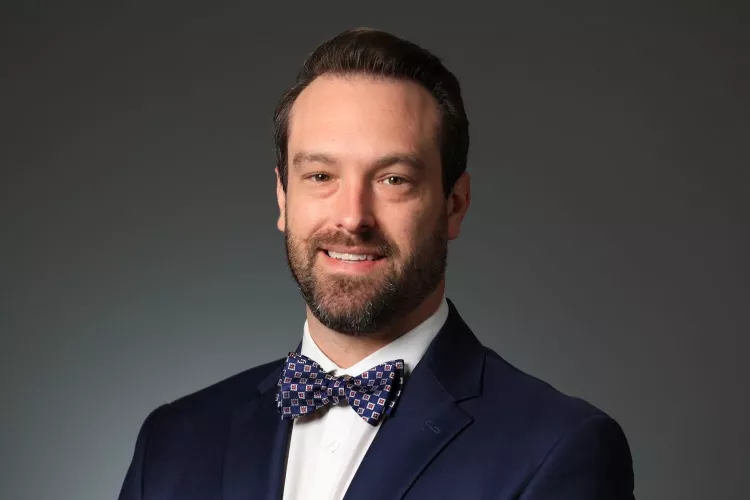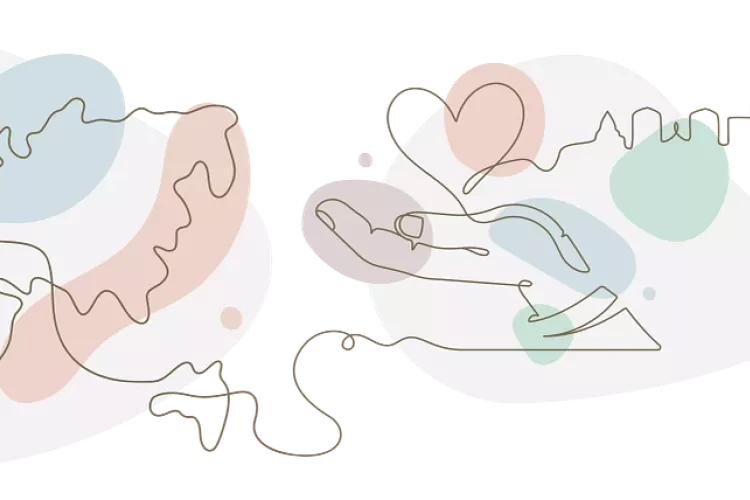UofL researchers discover relationship between Uber, binge drinking
October 3, 2024Think about the different times you’ve been with friends and someone mentions needing to utilize a ride-sharing service like Uber. While such services are often viewed as a responsible decision, researchers from the University of Louisville and Georgia State University have discovered that the increasing availability of ride-sharing apps correlates with a rise in binge drinking.
Economists Jacob Burgdorf and Conor Lennon from UofL and Keith Teltser at Georgia State University looked at data from 2009, when Uber was introduced, through 2016, and included UberX's arrival in 2012. Their paper signals total alcohol consumption and binge drinking both have risen in the period measured.
“Uber is naturally interesting because it’s this new thing; Jacob has research on beer distributors – he’s a beer industry guy – and I have co-authored a paper with Keith on bourbon and secondary markets for bourbon,” Lennon said, “so we have research on the alcohol industry, so naturally we were curious how does alcohol affect this (ride-sharing) industry.”
According to the research, it was determined that Uber has a larger effect on drinking in areas where public transportation is limited, noting a 17.5-to-21.8% increase in instances of binge drinking in those locales.
The findings also showed that Uber’s arrival coincides with an increase in average drinks, including a 4.9% rise in drinks on a single occasion and a 9% increase in incidences of heavy drinking.
“We were kind of surprised that nobody had focused exactly on this thing; everybody was focused on this secondary thing, which is drunk driving, which is after the fact,” Lennon said. “You have to make sure they’re not drinking more and drinking to excess and causing harm in other ways.
“Nobody had measured the first step.”
Burgdorf, Lennon, and Teltser also used their findings to investigate Uber’s impact on full-service restaurants, on the premise the ride-sharing app would have a positive effect on earnings at establishments serving alcohol. However, they found no significant impact on revenue, further suggesting that Uber is associated with increased consumption at “drinking places” and not full-service restaurants.
“If you go to Uber’s website, it says they’re strongly against drunk driving, and they have these free rides for people who are drunk, but they proudly announce that their busiest times are right around bar-closing time across the country,” Lennon said.
“… If Uber is announcing that, that’s almost telling you what Uber’s role is. It’s smacking you right in the face; the shocking thing is nobody wrote this paper before.”
Related News



